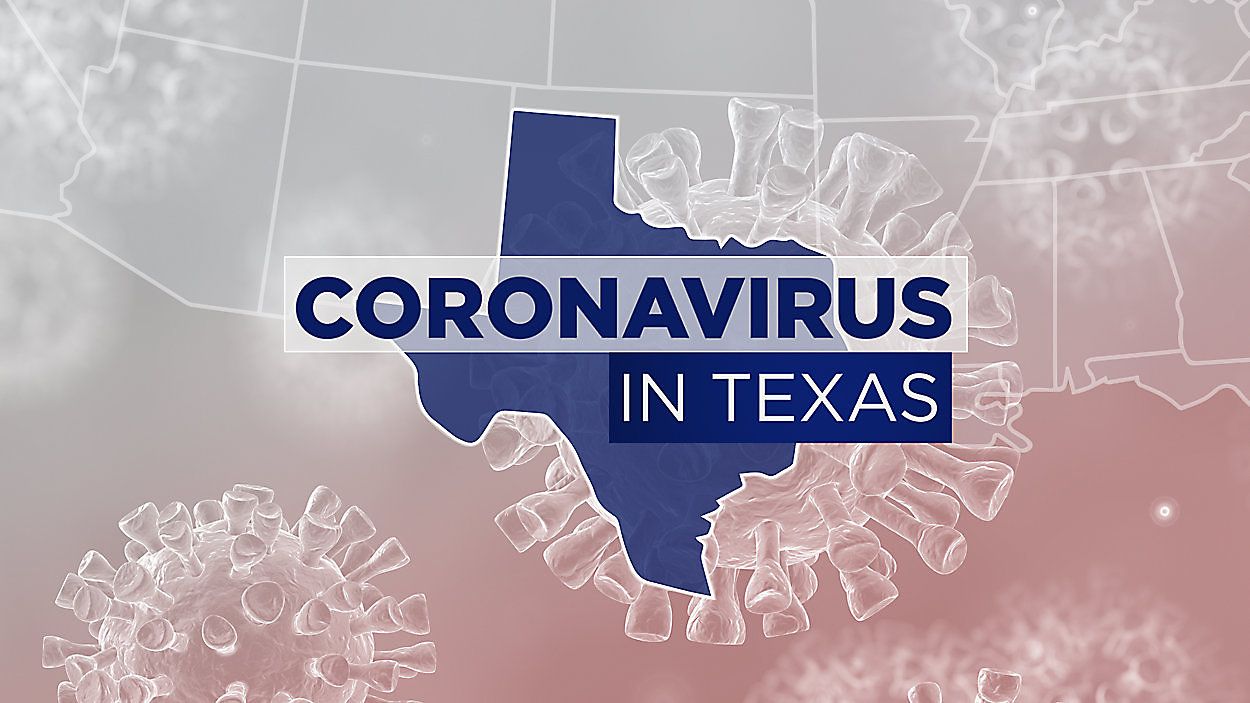SAN ANTONIO – Recently, the Centers for Disease Control and Prevention issued a temporary stop to some evictions to help prevent the spread of coronavirus nationwide. However, it's feared some renters may not fully understand their rights under the moratorium order.
It's information Kristina Galan didn't know about.
"Up until now my rent was up to date. It's just that [in October] I haven't been able to pay it due to not being able to work," said Galan.
Galan began renting her home on the city's West Side in January. Paying the monthly rent wasn't such a big deal up until the coronavirus pandemic. She lost her job and hasn't been able to find work since June. Yet, as a single mother of three children, she is trying to make money by selling food.
"I've been trying to do plate sales and trying to make ends meet. [I also] try to pawn and sell everything I can because my kids feel safe here," she said.
Her house is leased through an oral agreement with the property’s landlord. She said lack of leasing documents makes applying for any type of housing or financial assistance tough.
"To lose it all, [everything] that I worked so hard for - it would hurt me because I've been trying to keep this house for my kids," Galan said.
The CDC moratorium could help people like Galan.
"My best understanding is that the moratorium affects all landlord-tenant relationships. In a state like Texas, which allows oral leases, then it would affect landlords and tenants who have formed oral leases as written," said Greg Zlotnick, an attorney at St. Mary's University School of Law.
Zlotnick, who is not overseeing Galan's case, said the Texas Supreme Court made it easier for tenants to understand their rights under the CDC’s order. In September, the court issued a mandate requiring moratorium information, access to legal help and that a copy of the tenant declaration be included on eviction citations until December 15. Recently, Galan received a declaration form from the City of San Antonio's Neighborhood and Housing Department after reaching out for financial assistance.
"They said with this paper I can't be legally evicted," Galan said.
Zlotnick said landlords can still file an eviction suit and challenge the declaration but could face delays in the courts, giving tenants like Galan some extra time to plan, make rent payments or find another place to live up until the end of the year.
"Delaying the [eviction] process alleviates some of that stress and trauma families are already going through," Zlotnick said.
To qualify renters must at least:
- Exhaust all efforts to obtain government assistance for rent or housing.
- Earn no more than $99,000 in annual income for 2020.
- Experience a loss of income due to layoffs or extraordinary out-of-pocket medical expenses.
- Make an effort to pay timely partial payments.
- Be homeless or require a shelter, if evicted.
While the moratorium is addressing a basic human need, Zlotnick said the help is only good for as long as it lasts.
"It would be in the best interest of the tenant and landlord if Congress could pass a rent relief measure. Ideally, increase the amount of aid that is available for folks who are renting so tenants can maintain stability and landlords are made whole, too," he said.
For now, Galan is just grateful for the moratorium and waiting on aid the city granted her in mid-October.
"It makes me and my kids feel a little bit better," Galan said.
The CDC moratorium is in effect for qualifying renters until the end of the year.











